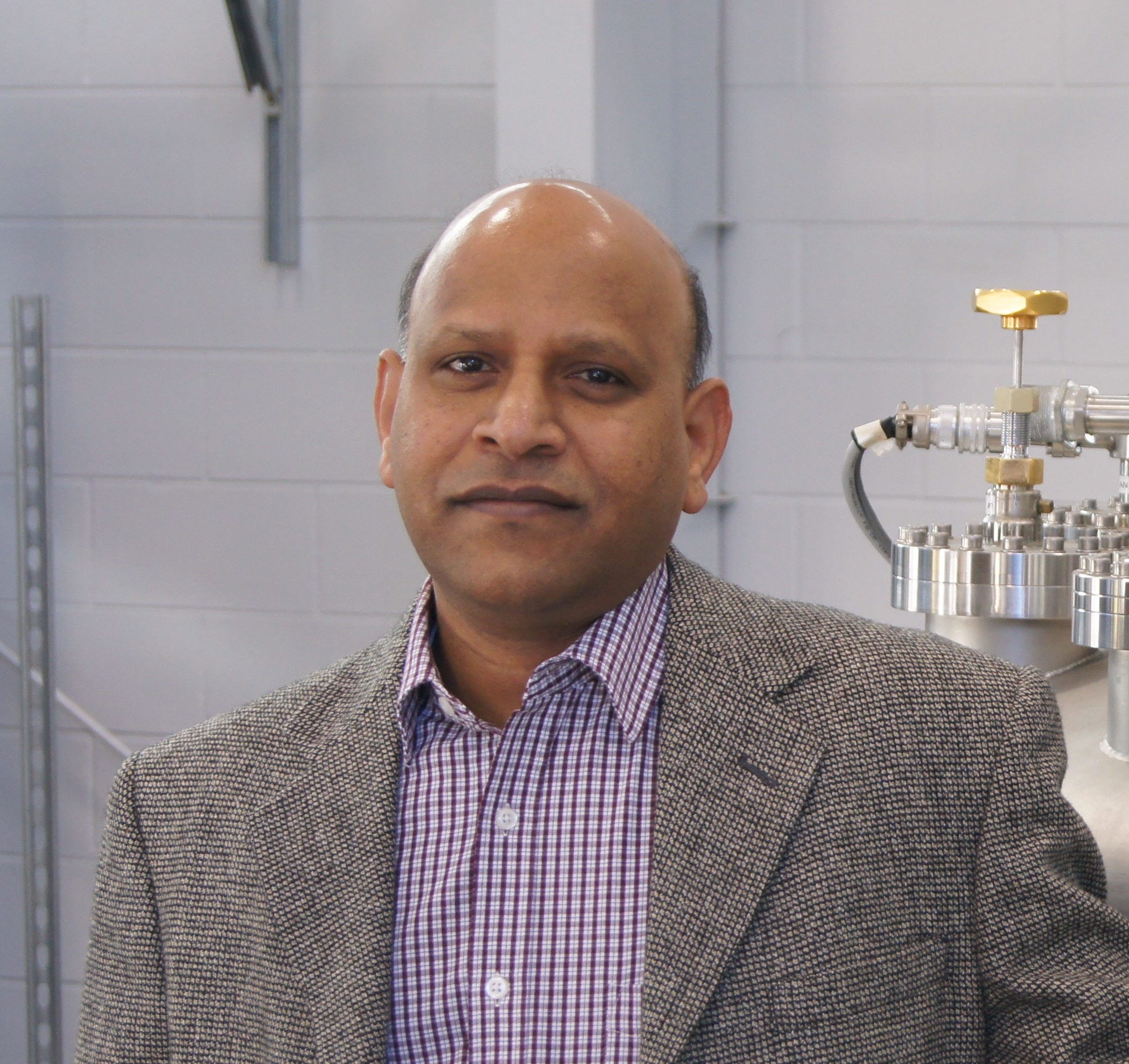
The electrical power grid is facing challenges due to the increase in demand in urban areas, increased reliance on renewable energy sources, and general interest of the society to move towards low-carbon economy. Several new technologies are being explored to modernize the power system technologies. The group focuses on the basic and applied research on high temperature superconducting power systems. The research is multidisciplinary and collaborative in nature with strong ties to superconducting material manufacturers and component developers. The home of our research is the Center for Advanced Power Systems with ties to the Department of Electrical and Computer Engineering of FAMU-FSU College of Engineering. We have jointly funded projects with the National High Magnetic Field Laboratory and several small businesses and conductor manufacturers. The current research interests include high voltage engineering for cryogenic applications, superconducting cables for Naval and Aviation applications, advanced characterization of superconducting systems for AC applications, integration of cryogenic systems and superconducting devices, and novel methods of cooling superconducting devices.
Prospective postdoctoral candidates should have background in superconducting systems, high voltage engineering, and strong interest in multidisciplinary research in superconducting systems for applications in defense, industrial and electric power utilities. Postdoctoral researchers in our group are expected to effectively interact with the funding agencies, industrial collaborators, and small businesses. They will be part of a large team of researchers and are expected to mentor graduate and undergraduate students.
Our group provides research opportunities in cryogenic dielectrics, superconducting cables, AC loss measurements, and cryogenic systems. We facilitate career skills and professional growth through regular interactions with group members with a wide range of expertise, access to state of the art modeling and simulation facilities coupled with experimental validation, participation in industrial collaborations, and extensive opportunities to engage graduate and undergraduate researchers from several science and engineering disciplines.
CAPS (Center for Advanced Power Systems)
News Links: CAPS Grant Award; Local Economy Benefits; Major Breakthrough
